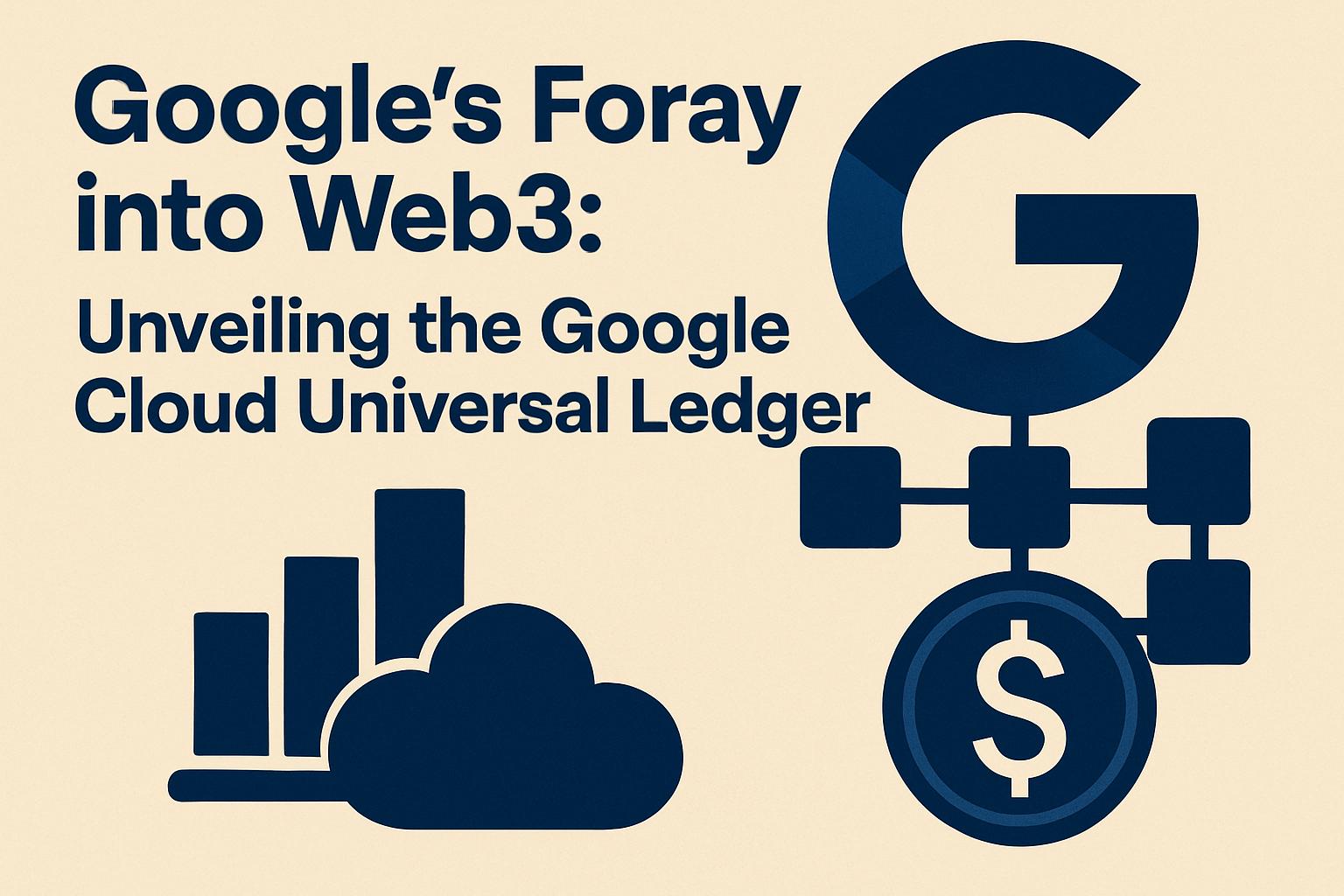With the digital finance world continuously evolving, Google has taken a significant leap by launching its own blockchain, the Google Cloud Universal Ledger (GCUL). Rich Widmann, Google’s Web3 Strategy Lead, made the exciting announcement on LinkedIn, remarking how GCUL is designed to cater to the demands of financial institutions while offering high performance and neutrality powered by Google’s robust cloud infrastructure.
GCUL and Its Strategic Partnership with CME Group
The Universal Ledger is not just another blockchain. It’s an intricate layer designed to support traditional financial infrastructure by seamlessly integrating tokenization and payment solutions into mainstream financial needs. In an exciting development, Widmann revealed that the Chicago Mercantile Exchange Group (CME Group) has already begun experimenting with GCUL, marking a significant validation for Google’s ambitious project.
GCUL’s neutral underpinning offers a key strategic advantage. Unlike proprietary chains tied to specific financial entities, creating a potential conflict of interest, GCUL stands out by providing a level playing ground. This neutrality ensures broad accessibility for various financial institutions, offering a versatile solution for the industry’s needs.
Building Neutral Financial Infrastructure with Python-Based Smart Contracts
The technical specifications of GCUL are promising. Currently in its private testnet phase, GCUL is described as a ‘Planet Scale’ L1 blockchain autonomously developed by Google. Among its standout features is the ability to support Python-based smart contracts and its design tailored for elevating commercial banking operations onto the blockchain.
Compared to other market players like Circle’s Arc and Stripe’s Tempo—both operating on EVM L1 blockchains—Google’s GCUL positions itself distinctively with its financial-centric design verging on a new era of digital finance infrastructure.
The Path Forward: Leveraging Google’s Cloud and Developer Ecosystem
The initiation of GCUL is only the beginning. Widmann hints at more detailed technical revelations to be shared in the coming months. As Google maneuvers itself into the finance-grade L1 space, it leverages its cloud prowess and extensive developer ecosystem. This gives it a competitive edge against payment and stablecoin entities such as Stripe and Circle, who have built their own infrastructures.
In essence, Google aims to unveil a blockchain solution that transcends specific business interests, offering a broadly adoptable, neutral platform for financial institutions worldwide. With its unique offering and strategic partnerships, GCUL is positioned to redefine blockchain implementation within the traditional financial sector.

![[News] Bitcoin at a Turning Point? 10x Research Signals a Bullish Macro Shift Ahead](https://cryptoexplores.com/wp-content/uploads/2025/06/new20250616.jpg)
![[News] Binance Lists $HOME, the Gas-Free, Bridge-Free All-in-One DeFi App](https://cryptoexplores.com/wp-content/uploads/2025/06/news20250617.jpg)